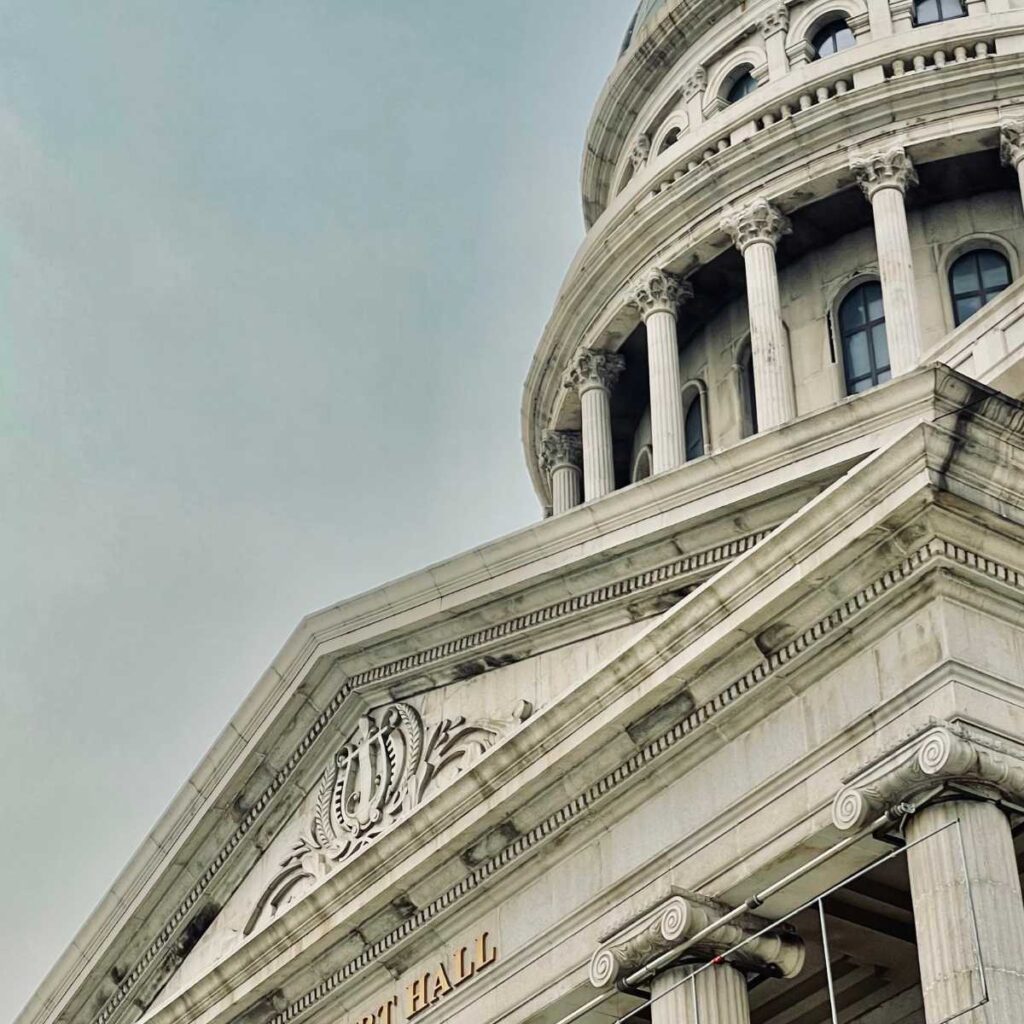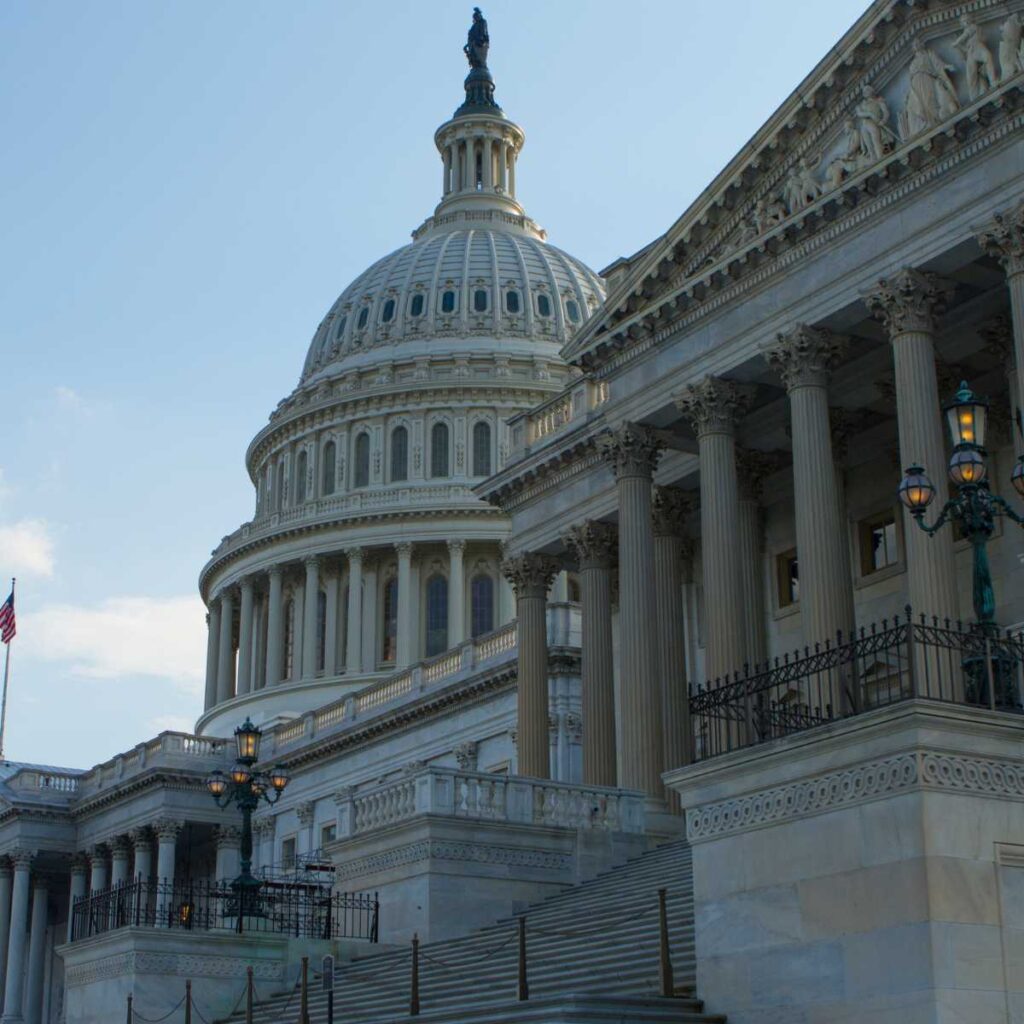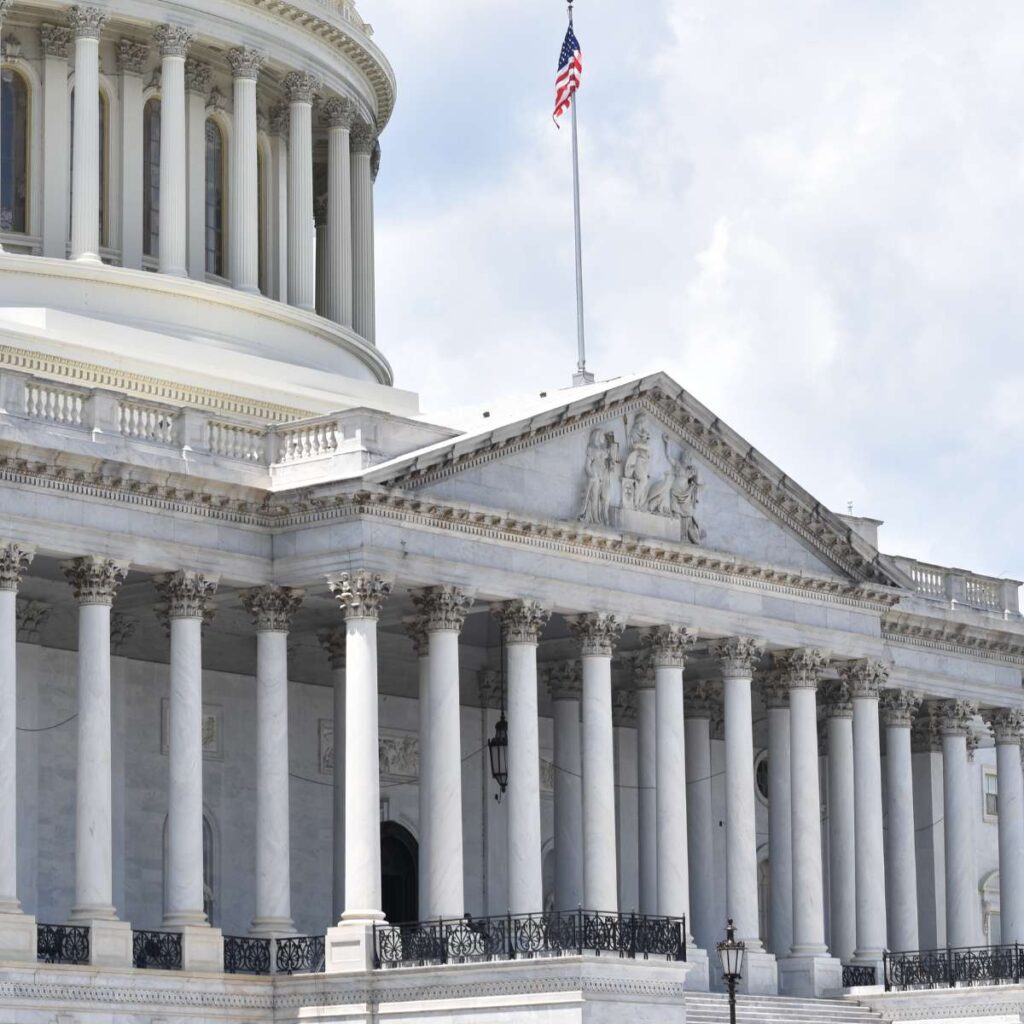FAQ’s About Government Proposal Writing

Navigating the realm of government proposal writing can be daunting, especially for businesses new to the process. To shed light on common queries and provide clarity, we’ve compiled a list of frequently asked questions about government proposal writing. Let’s dive in! What is Government Proposal Writing? Government proposal writing involves the creation of comprehensive documents […]
The Benefits Of Government Proposal Writing

Government proposal writing isn’t just about submitting documents—it’s a strategic endeavor with profound benefits for businesses seeking success in government contracting. Let’s explore how investing in proposal writing can yield substantial returns and propel your organization to new heights. Access to Lucrative Opportunities: Government proposal writing opens doors to a vast array of lucrative contracting […]
What is Government Proposal Writing?

Government proposal writing is a specialized skill set crucial for businesses aiming to secure contracts with government agencies. Let’s unravel the intricacies of proposal writing and explore how it plays a pivotal role in the procurement process. Understanding Government Proposal Writing: Government proposal writing involves the creation of comprehensive documents that outline a company’s capabilities, […]
